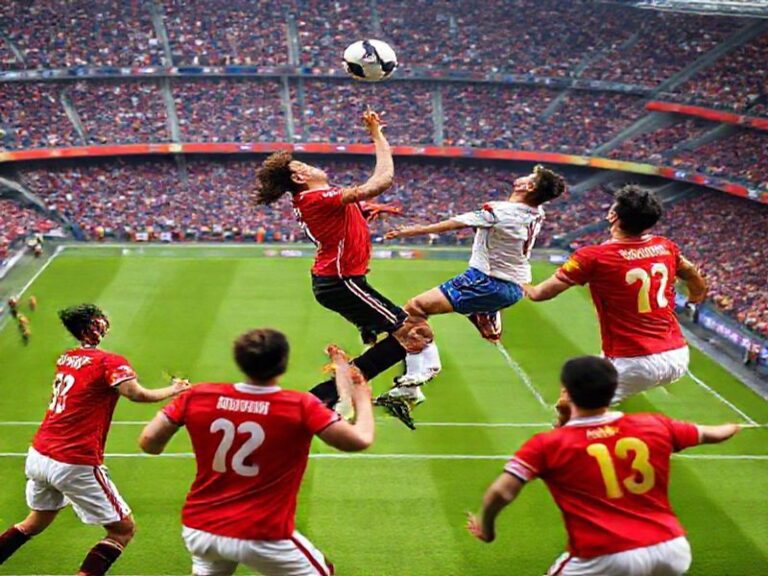Liam Delap: The 21-Year-Old Striker Who’s Really a Global Commodity Wrapped in Shin Pads
Liam Delap and the Global Supply Chain of Dreams
By Our Man in the Transfer Tavern, filing from everywhere Wi-Fi still works
Somewhere between the Suez Canal and a half-empty stadium in Ipswich, a 21-year-old striker named Liam Delap is being repackaged as a commodity more volatile than cobalt and almost as expensive. In the grand bazaar of modern football, where human beings are indexed like pork futures, Delap’s impending £20 million move from Manchester City to whatever mid-table Premier League outfit can still service its debt is less a sports story than a geopolitical case study. Think of it as the rare earth minerals trade, only with slightly better hair.
The lad himself—6-foot-2, built like a refrigerator that learned to sprint—has spent the season on loan at Ipswich Town, scoring goals with the kind of brutalist efficiency that makes accountants weep with joy. But the real action is happening in boardrooms from Abu Dhabi to Delaware, where spreadsheets whisper sweet nothings about amortization schedules and resale clauses. In an age when sovereign wealth funds treat football clubs like ESG-compliant slot machines, Delap’s hamstrings are essentially a derivative product wrapped in shin pads.
International implications? Start with the fact that his father, Rory Delap, once weaponized the long throw-in so effectively that the United Nations briefly considered classifying it as a low-yield ballistic device. That genetic inheritance now travels across borders at fiber-optic speed, analyzed by data firms in Tel Aviv, scout networks in Montevideo, and betting syndicates in Manila. Somewhere, a hedge-fund bot just purchased 0.3 seconds of Liam’s sprint telemetry because it might correlate with soybean futures—don’t ask how, just know that someone’s yacht depends on it.
Meanwhile, the moral philosophers of Twitter—those unpaid interns of global outrage—have already begun debating whether a 21-year-old earning more per week than a Bolivian lithium miner sees in a lifetime represents progress or the final stage of capitalist rot. (Spoiler: it’s both.) The same algorithmic outrage that once toppled oil executives now spends its lunch break arguing about release clauses, proving that the attention economy is equal parts Roman coliseum and Monty Python sketch.
But let us zoom out. Delap’s rise coincides with the moment when Europe’s aging populations need fresh icons to distract them from pension collapses, while the Global South exports both talent and the dreams that talent inspires. A kid from Stoke-on-Trent becomes a data point in Singapore, a meme in Lagos, and a potential tax write-off in Luxembourg. If that isn’t globalization, then nothing is—except perhaps the fact that his medical examination will be conducted by a private clinic whose majority shareholder is also invested in Indonesian palm oil. The circle of life, sponsored by a soft-drink conglomerate that definitely doesn’t cause diabetes.
Of course, the football itself remains stubbornly analog: 22 humans, one ball, and the ancient, useless hope that merit still matters. Watch Delap bully a center-back and you remember why the game survives every crypto-scandal and VAR-induced existential crisis. For 90 minutes, the supply chains dissolve, the spreadsheets combust, and even the most jaded observer (present company included) feels something suspiciously like joy. Then the final whistle blows, and he’s instantly reabsorbed into the great liquidity event we politely call “sport.”
So here’s to Liam Delap: human, commodity, walking metaphor for late-stage everything. May his knees survive long enough for us to sell the movie rights. And if not, well, there’s always another prospect rising through the academy, another spreadsheet to refresh, another dream to monetize before breakfast. In the end, we’re all just derivatives of someone else’s portfolio—some of us merely run faster.







